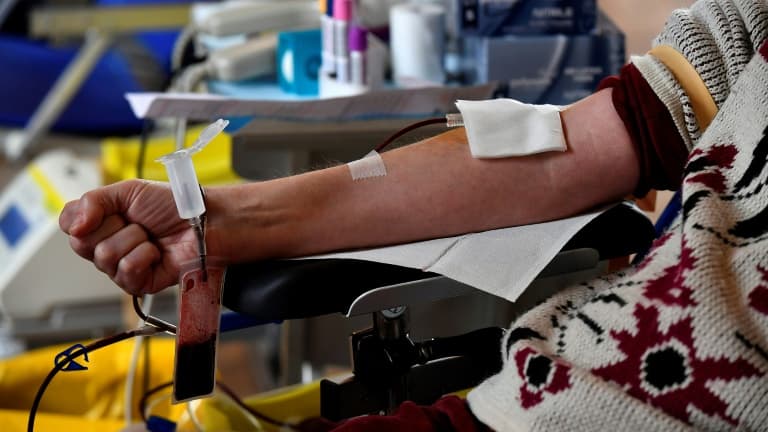Alongside the telephone, emails are still the most important means of communication at work. It is true that more and more electronic messages are no longer sent and retrieved in the classic way using a computer or laptop, but more and more on the go via tablets and smartphones, but email will continue to gain importance rather than lose it.
announcement
A word at the end of the email increases the response rate by 18.2%.
The company also addressed this question “Boomerang” used and analyzed 350,000 email histories in the course of using its plug-in. The result was surprising: many people attach great importance to the wording of the greeting.
Reading tip: “Business Email: How Creative Can Greetings Be?”
This is by no means a mistake, as you will soon see. Because for its evaluation, “Boomerang” took a closer look at eight different greetings and their effects on response rate and speed. The company focuses on the eight most common formulations, which were found most frequently in the 350,000 email histories. It should be remembered at this point that the analysis was translated from English into German. The following comparable sentences are involved:
announcement
- Thank you
- Greetings
- “Cheers” (unusual in Germany as “Prost” or “zum Wohl”)
- Greetings
- Thanks in advance
- Thank you very much
- Best regards
- Sincerely
The results of the evaluation are quite surprising:
| Grußformel | Response rate in percent |
| Average of all email histories analyzed | 47.5 |
| Best regards | 51.2 |
| Greetings | 52.9 |
| Greetings | 53.5 |
| Sincerely | 53.9 |
| “Greetings” | 54.4 |
| Thank you very much | 57.9 |
| Thank you | 63.0 |
| Thanks in advance | 65.7 |
The response rate to the “Thank you in advance” greeting is therefore 18.2 percentage points above the overall average. With 204 million emails sent around the world every minute, this 18 percent makes a noticeable difference.
The evaluation is supported by the results of the study
Those who now want to complain that the “Boomerang” analysis is not about reliable results should take a look at the study published in 2010 “A little thank you goes a long way: explaining why expressions of gratitude motivate prosocial behavior” to throw. Adam M. Grant of the University of Pennsylvania and Francesca Gino of the University of North Carolina at Chapel Hill divided 69 students into two groups for their study.
Each of them sent an email asking them to help them with a cover letter. In the test group, they ended their email with a thank you phrase, in the control group, no. Again, the surprising result was that recipients of the email with a thank you phrase offered their help twice as often as those in the control group.
announcement
Bottom line: a little “thank you” never hurts
So it’s time to add or replace your greeting with a simple “thank you in advance”. Aren’t you putting pressure on the recipient? Perhaps, but in a way that is as subtle as it is effective. And since the recipients of the thank you phrase in the study “A little thank you goes a long way” offered their help twice as often as the control group, they obviously took the “thank you” positively rather than negatively. It is incredibly exciting to see the mechanisms that affect the Internet. Kindness never hurt anyone.
Photo credit: master1305 / istockphoto.com
–


